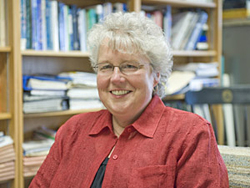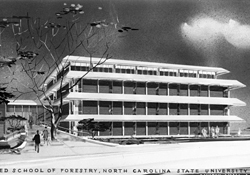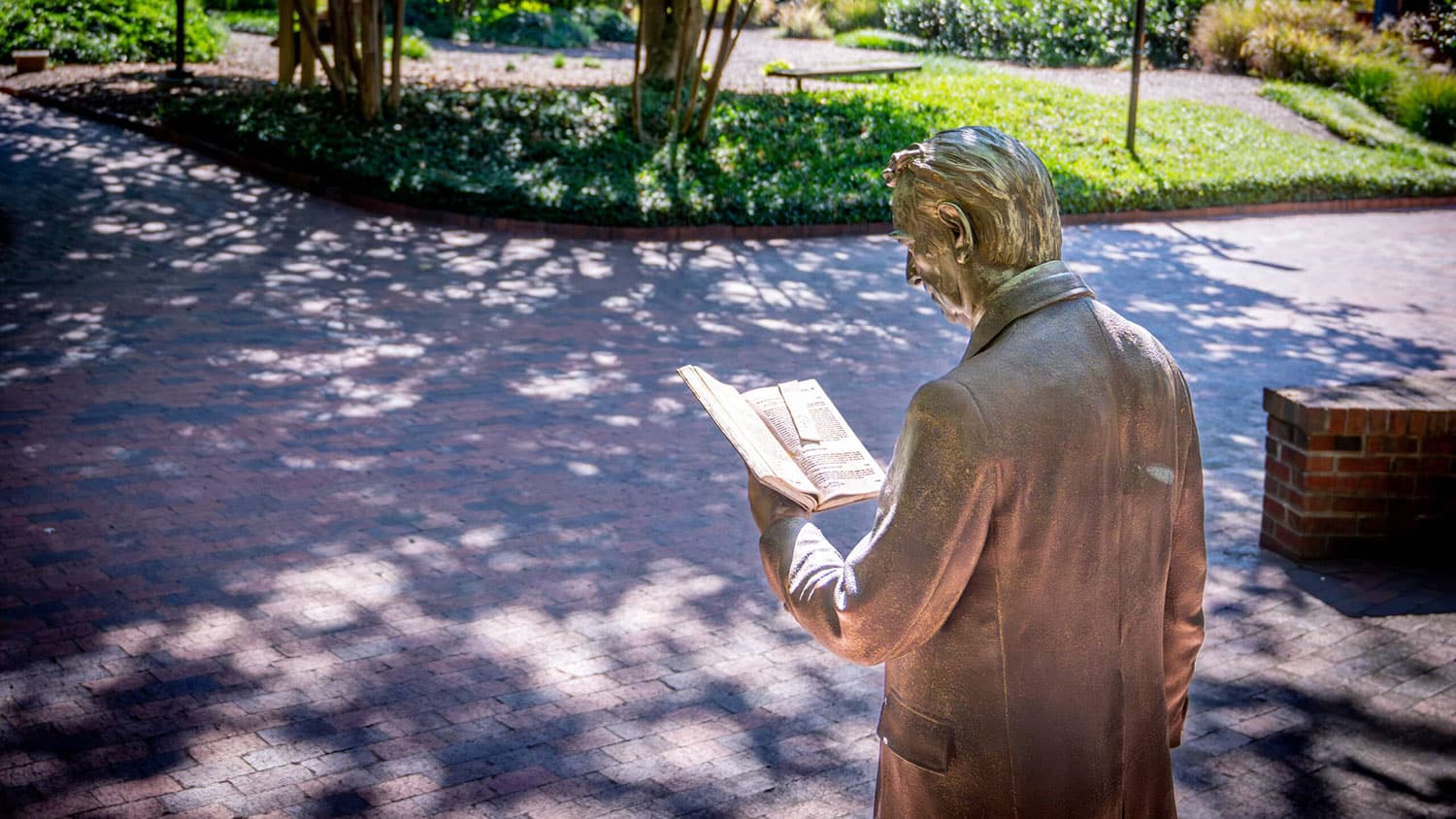Marine Sciences Expert to Lead CNR
Dr. Mary Catherine Watzin, dean of the Rubenstein School of Environment and Natural Resources at the University of Vermont, has been named dean of the College of Natural Resources effective Oct. 15.
“I’m very pleased that Dr. Watzin will be joining us to lead the College of Natural Resources,” Provost Warwick Arden said. “She has demonstrated significant administrative leadership skills and experience, and brings a broad perspective on natural resources and the environment that will serve this highly regarded college extremely well moving forward.”
An expert in marine sciences, aquatic ecology and management, Watzin has served as dean of the Rubenstein School since 2009 and as professor since 2005. Before becoming dean, she founded and directed the University of Vermont’s lakefront ecosystem science laboratory, which also oversees the university’s research vessel and collaborates closely with an adjacent science center and aquarium.

Honored and Inspired
“I am deeply honored by the opportunity to lead NC State’s nationally prominent College of Natural Resources,” she said. “The college and the university have a bold vision for the future and I am inspired by the transformational change that is under way across the campus. Solutions to the challenges of today’s world will come through new collaborations and the kinds of interdisciplinary teaching, research and global engagement that NC State is pursuing. I am very excited to join this effort.”
Watzin has received numerous awards for her work, including the Teddy Roosevelt Conservation Award, the Ibakari-Kasumigaura Prize from the International Lake Environment Committee in Shiga Prefecture, Japan, and the SUNY College of Environmental Science and Forestry Partner of the Year Award in 2006.
Bringing Science into the Policy Arena
Watzin has collaborated with a wide range of partners to explore topics ranging from toxicology to aquatic food web dynamics, harmful algae blooms, hydrodyanamics and stream habitat conditions, nonpoint source pollution, and the effectiveness of environmental management approaches and policies. She has won more than $8.7 million in grants to support her efforts. She has also worked continuously to bring science into the policy arena, especially around water quality issues.

From 1992 to 2009, Watzin served as chair of the technical advisory committee to the Lake Champlain Steering Committee while also serving on the steering committee itself. She oversaw all technical aspects of the Lake Champlain Basin Program, a collaborative effort between the U.S. Environmental Protection Agency, the U.S. Department of Agriculture and the U.S. Department of the Interior along with the state of Vermont, state of New York and the province of Québec. About $70 million has been invested in the program.
A prolific scholar and noted speaker, Watzin has authored or co-authored more than 60 refereed journal articles and book chapters and more than 45 refereed technical reports and other publications. For the last decade she has presented local talks on research and environmental topics of interest to her community.
She is a member of numerous scientific societies, including the Ecological Society of America, the Society of Environmental Toxicology and Chemistry, and the American Association for the Advancement of Science.
Watzin received her bachelor’s degree in marine science from the University of South Carolina in 1978 and her Ph.D. in marine sciences from the University of North Carolina at Chapel Hill in 1984. After receiving her Ph.D., she worked as an ecologist for the National Wetlands Research Center, part of the U.S. Fish and Wildlife Service, in Slidell, La.
- Categories:


